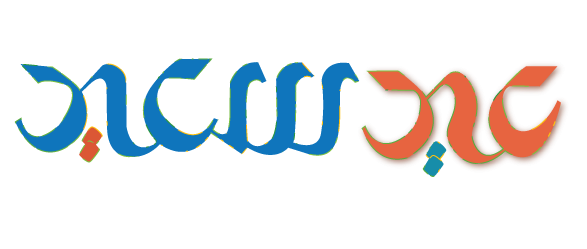 One day, after hours of sliding my cursor from Twitter to Facebook to stats for my blogs and back to Twitter — when I should have been writing instead — I emailed Dr. M., a cognitive therapist.
One day, after hours of sliding my cursor from Twitter to Facebook to stats for my blogs and back to Twitter — when I should have been writing instead — I emailed Dr. M., a cognitive therapist.
Dr. M. had previously helped me understand that worry is an addiction — it hits the same pleasure center of the brain that other addictions, such as alcohol, do.
The more I worry, the more it reinforces me to worry. Ever the pleasure-seeker, I worry more and perpetuate the cycle. Yet, once I understood the worry addiction, I worried less.
While I am inclined toward overindulging in pleasurable activities (In my mother’s words. “Susan, you’re an extremist!”), I am also driven to avoid the consequences in the quest for maximum pleasure.
It took only one hangover to make me decide never to experience that feeling again. My attraction to pleasure also includes never wanting to feel full or be overweight or slowed down by the effects of smoking.
So, I feel pretty bad at the end of a day spent, not on writing, but on addictive flitting back and forth between Facebook and Twitter, seeking that serotonin surge I get from seeing that someone commented on my fan page or RT’ed my tweet.
Here’s what Dr. M. advised:
Give yourself a daily limit for checking Twitter. You can have a chart next to the computer in order to track the frequency. You can also print the word STOPin bold red at the bottom of the chart to serve as a reminder to stop.Track what increases this particular checking behavior. Like any other habit-related or addictive behavior, it is important to understand what brings it on. What emotions, thoughts, or behaviors activate your desire to check Twitter? For instance: Do you begin to feel anxious and then check?Do you begin to feel bored and then check?Do you begin surfing the Net and then find yourself having an increased urge to check?Find out what elicits the behavior and begin to modify them to decrease the likelihood of the behavior occurring.
Give yourself a reward for not engaging in the behavior. Remember that checking Twitter may be intrinsically rewarding; therefore, every time you check, you reinforce the behavior. Replace the reward of checking with another reward.Thanks, Dr. M. Knowing that I’m feeding an addiction every time I look for a retweet helps me rethink doing it so often.
Award-winning journalist Susan Orlins is author of the recently published memoir, Confessions of a Worrywart: Husbands, Lovers, Mothers, and Others, a deeply personal story, told with comical sensibility by a quirky, startlingly honest mother, daughter, ex-wife, inveterate therapy patient, and dog lover, who—à la Nora Ephron—will feel like a dear friend. A divorced mother of three grown daughters, Orlins lives in Washington, D.C., where she conducts a writing workshop for the homeless.Like this author?
Catch up on other posts by Susan Orlins (or subscribe to their feed).
Last reviewed: By John M. Grohol, Psy.D. on 31 Mar 2013
Published on PsychCentral.com. All rights reserved.
APA Reference
Orlins, S. (2013). Twitter Addiction: Advice from a Cognitive Therapist. Psych Central. Retrieved on April 3, 2013, from http://psychcentral.com/blog/archives/2013/03/31/twitter-addiction-advice-from-a-cognitive-therapist/


 شارك عبر الماسنجر
شارك عبر الماسنجر
